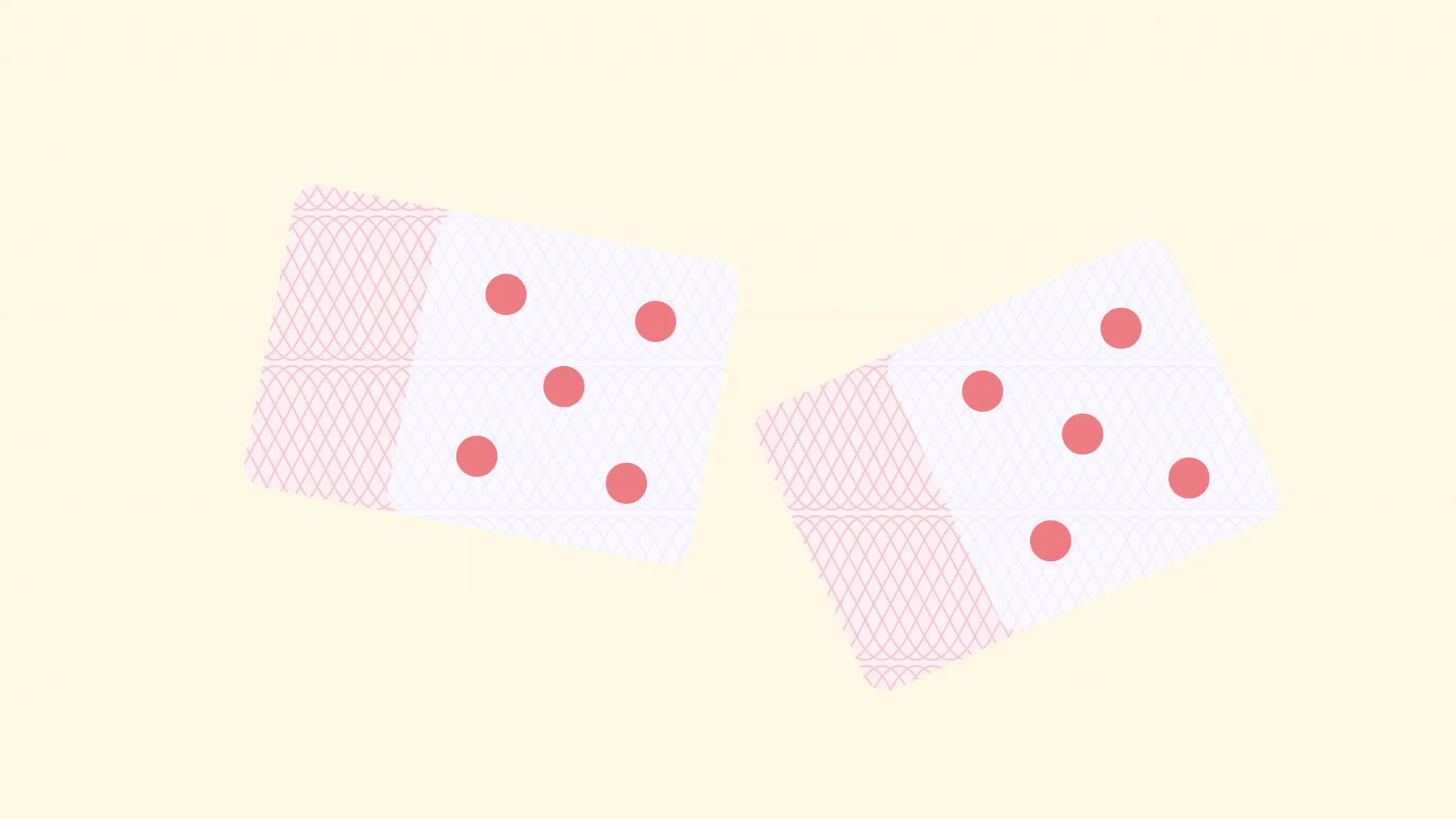
Every day, thousands of Nigerians receive WhatsApp messages promising “sure odds”, bets that supposedly cannot lose. These offers sound irresistible: ₦1,000 in, ₦500,000 out by the weekend.
But here’s the truth: there are no sure odds. The promise itself is a lie, one that quietly transfers billions of naira from Nigerian pockets into betting company profits.
And while individuals may feel the sting of losing rent money or transport fare, the bigger picture is even more troubling: sports betting is draining wealth out of Nigerian households, businesses, and communities at an alarming rate.
The Myth of “Sure Odds”
The term “sure odds” implies certainty, a guaranteed outcome. But mathematically, betting odds are designed so the house always wins.
- For every flashy story of someone “hammering” ₦200k in one night, there are thousands who lose quietly.
- Betting companies profit regardless of who wins. Odds are structured to ensure long-term losses for the majority.
In short, “sure odds” is not just a catchy phrase. It’s a deceptive marketing tool.
The Hard Numbers: How Much Nigerians Are Losing
- Nigerians spend over ₦730 billion annually on sports betting. [Punch NG]
- Surveys show the average bettor spends ₦3,000–₦5,000 weekly — up to ₦20,000 per month, often more than their monthly savings.
- Betting companies in Nigeria reportedly enjoy profit margins exceeding, far higher than most legitimate industries.
That’s wealth being drained from individuals who can least afford it.
Marketing the Lie: How Young Nigerians Are Targeted
Sports betting firms aggressively target Nigeria’s youth, the group most squeezed by unemployment and inflation.
- WhatsApp “sure odds” groups lure young men and women with false promises of easy cash.
- Billboards and football sponsorships tie betting to prestige and entertainment.
- Celebrity endorsements make gambling look aspirational.
The psychology is deliberate: exploit economic hardship, dangle quick wins, and hook users with dopamine-driven near-misses.
The Hidden Cost: How Betting Drains Communities
What if that ₦730 billion wasn’t disappearing into betting slips? What if it was invested instead?
- At an illustrative 10–15% average annual return (in line with historical performance of balanced mutual funds), ₦730bn could grow to ₦2.1 trillion in just 7 years.
- That’s enough to:
- Fund thousands of SMEs.
- Build schools and hospitals.
- Create generational wealth through investments in stocks, bonds, or real estate.
Instead, this money is flowing, often to betting companies, while Nigerian families struggle to cover basic expenses.
Betting vs. Investing: The Opportunity Cost
| Habit | Monthly Spend | 5-Year Outcome | 10-Year Outcome |
|---|---|---|---|
| Sports Betting | ₦20,000 | -₦1.2m (losses) | -₦2.4m (losses) |
| Investing in Mutual Funds | ₦20,000 | ₦1.3m | ₦3.9m |
The same amount that drains households through betting could build long-term wealth if invested consistently.
Emergency First, Wealth Second
Before you even invest, a 3–6 month emergency fund protects you from shocks like job loss or medical bills. Without this, financial pressure makes people even more vulnerable to betting “quick fix” lies.
Once secured, you can:
- Start with low-risk instruments (money market funds, T-bills).
- Diversify into mutual funds, stocks, and eventually real estate.
- Automate contributions so saving comes before spending.
Key Takeaways
- “Sure odds” is a lie; betting odds are structured so the house always wins.
- Nigerians spend ₦730bn yearly on betting; average bettors lose ₦20k/month.
- Betting drains families, businesses, and communities, while betting firms profit.
- Real wealth comes from saving, compounding, and investing consistently.
FAQs
Yes, but statistics show these wins are rare and usually wiped out by future losses. Betting is chance, not strategy.
All investments carry risk. But unlike betting, investing is tied to real economic value creation. You can diversify and manage risk; you can’t outsmart betting odds.
Economic hardship, unemployment, and aggressive marketing. Betting companies thrive on hope and desperation.
Risk Disclaimer
All investments carry some level of risk. Past performance is not a guarantee of future returns. Always invest according to your risk appetite.

Final Thoughts: The Wealth Drain We Don’t Talk About
The “sure odds” lie isn’t just draining individuals; it’s quietly siphoning billions out of Nigerian communities. Money that could fund businesses, buy homes, or build futures is instead enriching betting companies.
Bottom line: betting is entertainment, not a financial strategy.
You can start today. Automating just ₦10,000 monthly into a diversified mutual fund on Cowrywise is a simple first step to building wealth in a way that gambling never will.
